Simply the Biggest AI Prompts Directory Specialized in Product Design and Innovation

Welcome to the world’s largest AI prompts directory dedicated to advanced product design, engineering, science, innovation, quality, and manufacturing. While online AI tools are rapidly transforming the engineering landscape by augmenting human capabilities, their true power is unlocked through precise and expertly crafted instructions. This comprehensive directory provides you a collection of such prompts, enabling you to command AI systems that can process vast amounts of data, identify complex patterns, and generate novel solutions far more efficiently than traditional methods.
Discover and fine tune the exact prompts needed to leverage online AI agents for optimizing your designs for peak performance and manufacturability, accelerating complex simulations, accurately predicting material properties, and automating a diverse range of critical analytical tasks.
The advanced search filters allow fast access to this extensive directory and cover the full spectrum of modern engineering.
Given the server resources and time, the prompts themselves are reserved to registered members only, and not visible below if you are not logged. You can register, 100% free:
- Hypothesis Generation
AI Prompt to Hypothesize Causes of Catalyst Deactivation
- Chemical Recycling, Failure analysis, Materials Science, Process Improvement, Quality Control, Quality Management, Root Cause Analysis, Sustainability Practices
This prompt generates plausible hypotheses explaining catalyst deactivation based on a list of observed symptoms such as activity loss, selectivity change, and physical catalyst changes. The AI provides a ranked list of hypotheses with brief mechanistic explanations.
Output:
- Markdown
- does not require live Internet
- Fields: {list_of_symptoms}
- Best for: Generate mechanistic explanations for catalyst failures
- Code Generation and Debugging
AI Prompt to Generate C++ Code for Heat Exchanger Design
- Design for Manufacturing (DfM), Energy, Environmental Engineering, Fluid Mechanics, Heat Treatment, Mechanical Engineering, Process Optimization, Sustainability Practices, Thermodynamics
This prompt generates a C++ program to calculate heat exchanger parameters such as heat transfer rate, log mean temperature difference, and required surface area based on user inputs of fluid temperatures, flow rates, and heat capacities. The code is fully commented and ready for compilation.
Output:
- C
- does not require live Internet
- Fields: {inlet_temp_hot} {outlet_temp_hot} {inlet_temp_cold} {flow_rate_hot}
- Best for: Automate heat exchanger design calculations
- Code Generation and Debugging
AI Prompt to Generate Python Code for Reaction Rate Calculation
- Chemical Recycling, Chemistry, Environmental Engineering, Environmental Impact, Process Optimization, Product Development, Quality Management, Sustainability Practices, Thermodynamics
This prompt creates a Python script to calculate reaction rates based on Arrhenius kinetics, given user inputs of activation energy, pre-exponential factor, temperature, and concentration. The code includes comments and example usage, facilitating integration into chemical engineering workflows.
Output:
- Python
- does not require live Internet
- Fields: {activation_energy} {pre_exponential_factor} {temperature} {concentration}
- Best for: Generate reusable code for kinetic calculations
- Data Generation or Augmentation
AI Prompt to Create Catalyst Property Variations
- Design for Additive Manufacturing (DfAM), Machine Learning, Predictive Maintenance Algorithms, Process Improvement, Quality Management, Statistical Analysis, Sustainability Practices, Sustainable Product Design
This prompt generates plausible variations of catalyst property data given an initial dataset in CSV format. It outputs an augmented CSV with new catalyst entries created by applying small random perturbations to surface area, pore volume, and metal loading, useful for training robust machine learning models.
Output:
- CSV
- does not require live Internet
- Fields: {catalyst_properties_csv}
- Best for: Expand catalyst datasets to improve model robustness
- Information Extraction
AI Prompt to Retrieve Safety and Hazard Statements
- Chemical Recycling, Environmental Impact, Environmental Impact Assessment, Hazard and Operability Study (HAZOP), Process Improvement, Risk Analysis, Risk Management, Safety
This prompt scans a provided chemical process description or material safety document to extract all safety and hazard statements, including precautionary measures and hazard codes. The output is a bullet-point list in plain text for easy review and compliance checks.
Output:
- Text
- does not require live Internet
- Fields: {process_description}
- Best for: Rapidly gather safety and hazard info from process descriptions
- Information Extraction
AI Prompt to Identify Catalyst Types and Properties
- Chemical Recycling, Environmental Impact, Environmental Technologies, Materials, Process Optimization, Product Development, Quality Management, Sustainability Practices
This prompt identifies all catalyst types mentioned in a given technical document excerpt and extracts their key properties such as surface area, pore volume, and active metal loading. The AI outputs a neatly formatted markdown table listing each catalyst and its properties to facilitate catalyst comparison and selection.
Output:
- Markdown
- does not require live Internet
- Fields: {technical_text}
- Best for: Quickly compare catalysts and their characteristics from technical documents
- Information Extraction
AI Prompt to Extract Experimental Parameters from Text
- Chemical Recycling, Chemistry, Environmental Impact, Environmental Technologies, Process Improvement, Quality Management, Research and Development, Sustainability Practices
This prompt extracts key experimental parameters such as temperature, pressure, catalyst type, and reaction time from a provided unstructured text excerpt of a chemical engineering report or paper. It outputs a structured JSON summarizing each parameter with its value and units, helping engineers quickly gather critical data without manual reading.
Output:
- JSON
- does not require live Internet
- Fields: {unstructured_text}
- Best for: Extracting precise experimental values from unstructured text for quick parameter overview
- Troubleshooting and Diagnostics
AI Prompt to Troubleshoot Packed Column Flooding
- Chemical Recycling, Fluid Mechanics, Process Improvement, Process Optimization, Quality Assurance, Quality Control, Risk Management, Sustainability Practices
A packed distillation or absorption column is experiencing flooding. Given column internals packing type fluid properties (gas/liquid loads) operating conditions and observed symptoms (e.g. high pressure drop entrainment poor separation) this prompt asks the AI to suggest causes and diagnostic checks.
Output:
- Markdown
- does not require live Internet
- Fields: {column_service_and_type} {packing_details} {fluid_properties_and_loads_summary} {flooding_symptoms_csv}
- Best for: Guiding chemical engineers in diagnosing flooding in packed columns by systematically linking observed symptoms (high dP entrainment poor separation) to potential hydraulic issues maldistribution packing problems or foaming based on operational data and system design.
- Data Generation or Augmentation
AI Prompt to Simulate Reactor SteadyState Yields
- Chemical Recycling, Chemistry, Design for Additive Manufacturing (DfAM), Design for Manufacturing (DfM), Process Improvement, Process Optimization, Simulation, Sustainability Practices, Sustainable Product Design
This prompt generates a conceptual table of expected product yields from a specified chemical reactor type under varying steady-state operating conditions (e.g. temperature pressure catalyst concentration). It relies on general chemical engineering principles and user-provided qualitative impact of conditions. This is for conceptual design or educational exploration not rigorous simulation.
Output:
- Markdown
- does not require live Internet
- Fields: {reactor_type} {reaction_stoichiometry_and_kinetics_qualitative} {conditions_to_vary_json} {base_yield_percent}
- Best for: Facilitating conceptual exploration of process variable impacts on reactor yield providing a basis for preliminary design discussions experimental planning or educational examples without needing complex simulation software.
- Information Extraction
AI Prompt to Extract Catalyst Performance Data URL
- Chemical Recycling, Chemistry, Environmental Engineering, Environmental Impact, Materials Science, Process Optimization, Research and Development, Sustainability Practices
This prompt tasks the AI with scraping a given URL of a research article or patent that discusses catalysis. It should identify and extract specific data related to catalyst performance such as conversion selectivity turnover number (TON) turnover frequency (TOF) and reaction conditions under which these were achieved for a named catalyst or reaction system. The output is a JSON object.
Output:
- JSON
- does require live Internet
- Fields: {document_URL} {catalyst_name_or_system} {performance_metrics_list}
- Best for: Efficiently gathering catalyst performance data (conversion selectivity TOF/TON) and associated reaction conditions from online scientific publications or patents aiding in catalyst research and comparative studies.
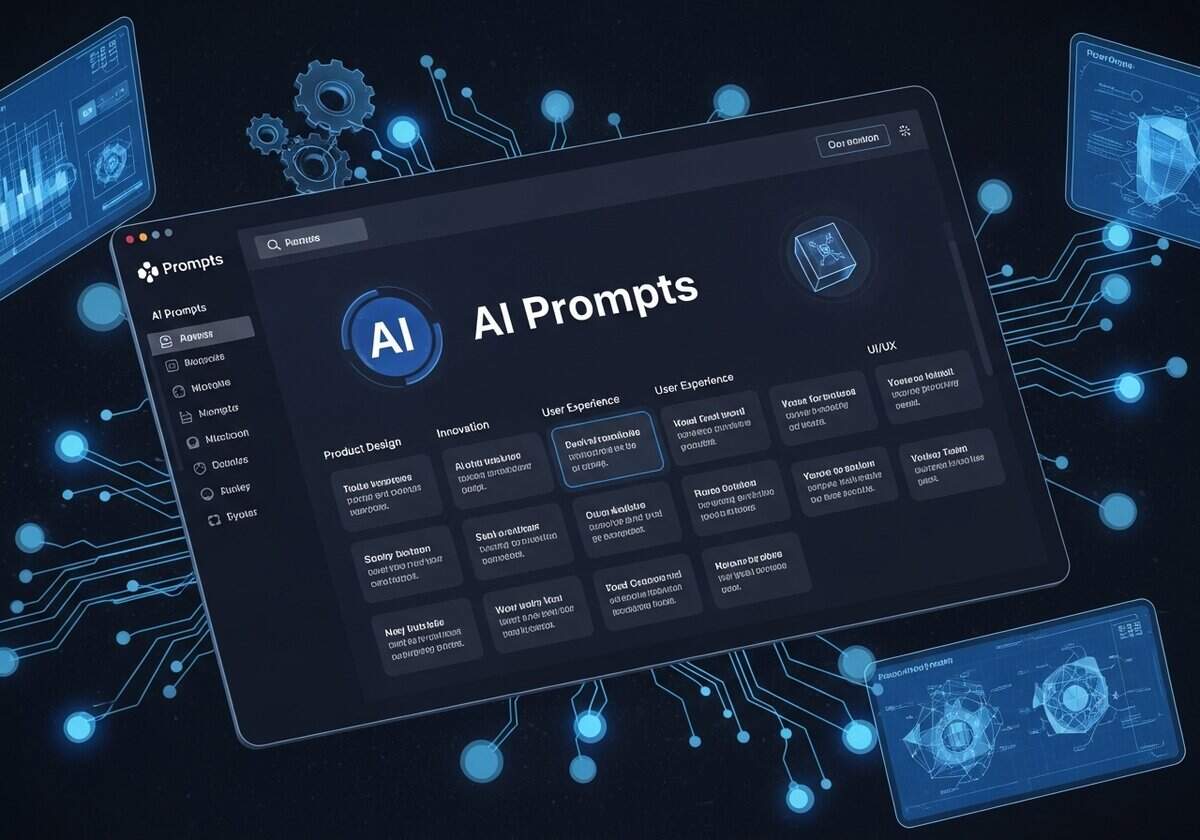




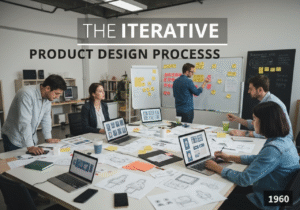
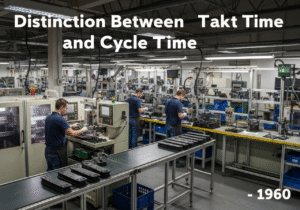


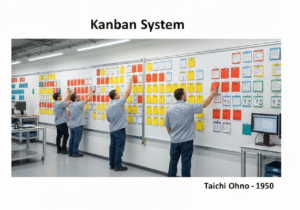

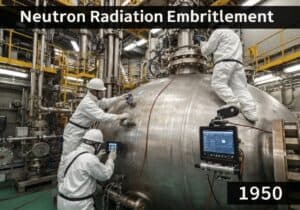
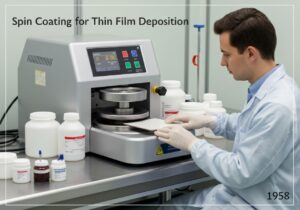

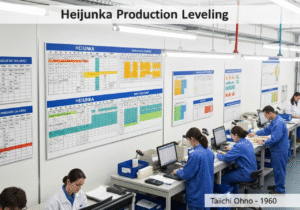
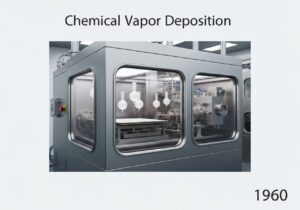

















No one discussing the potential bias in AI selection for these directories? AI isnt immune to prejudices, folks.